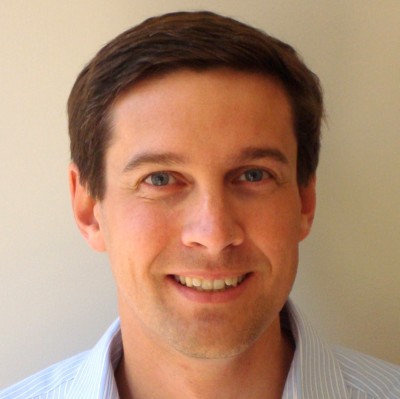
Today: Director of Prediction, Performance and Field Reliability Monitoring teams at First Solar, a photovoltaic (PV) manufacturer of solar panels and a provider of utility-scale PV power plants in California.
Triple threat: Panchula graduated from Iowa State University with three undergraduate degrees: physics, mathematics and English - all in the College of Liberal Arts and Sciences.
His lab experience at ISU: I grew and studied single crystals of correlated electron materials based on rare earth elements with Professor Paul Canfield. More important, for me a least, was learning how to do science. It was more like a medieval apprenticeship. Paul brought a passion to his research that was contagious.
On working as a physicist outside of an academic setting: Roughly 50 percent of physicists find jobs in the private sector. There are few jobs that actually list “physicist” in the prerequisites, despite the fact that physicists are well positioned to excel in many fields. Students should not be discouraged from studying physics (or any STEM field) and should be prepared to present their skills and abilities to employers in a compelling way.
Advice for STEM students thinking about a start-up biz: Start-ups are important to U.S. job growth and innovation; they can also be extremely exciting places to work. They are also a great education since wearing multiple hats is the norm and usually end up working on new things. My advice to students interested in start-ups is to be bold; contacting and meeting a start-up directly is the best way to get to determine if it is a place you want to work.
How LAS influences his research today: The work I am currently doing is directly influenced by the work I did with Professor Paul Canfield’s group. That was the first time I was exposed to the idea that, just by choosing the correct material, you can investigate really interesting, strange physics or create new and useful devices.